Becoming pregnant is a real life-changer. Besides the changes in your body, you will be in for many adjustments to make in your lifestyle. These are all necessary to avoid issues that may affect your pregnancy.
One of the adjustments that you have to make is your food intake. You may now have to be more careful with the food that you eat. You have to or else you are putting your baby and yourself at risk.
Here are some foods to avoid during pregnancy:
Raw or Undercooked Eggs
When eating egg dishes, you have to make sure that eggs are completely cooked. This is to avoid the risk of salmonella that may affect your baby and yourself. Mayonnaise and mousse should be avoided including non-chicken eggs like quail, duck, or goose eggs. Be watchful of restaurant-made Caesar dressing, scrambled, sunny-side up, or soft-boiled eggs and raw cookie dough.
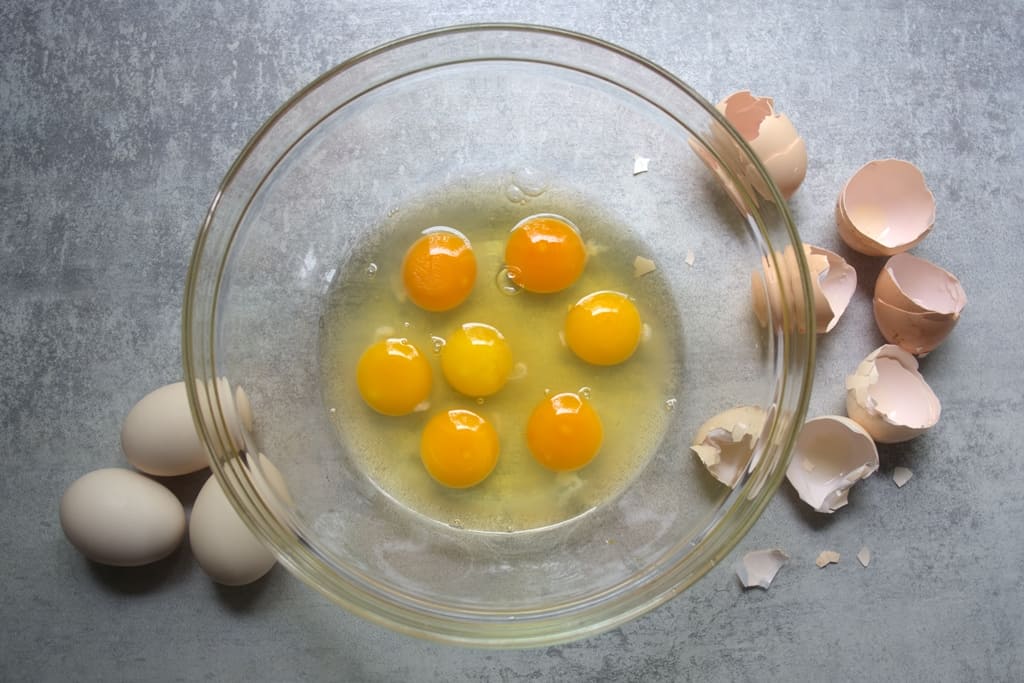
Raw or Undercooked Meat
Precaution with meat should start during handling. You have to wash your hands after touching raw meat before cooking. And when you cook the meat, be sure that any tint of blood is not present or the pinkness of the meat is all gone. This is to avoid toxoplasmosis which is often harmless in women who are not pregnant. But with pregnant women, it can cause stillbirth, miscarriage, or developmental problems on the baby. Your baby may be particularly predisposed to eye damage.
This should alarm all pregnant women out there to check on all meat including steaks, burgers, and sausages before eating.
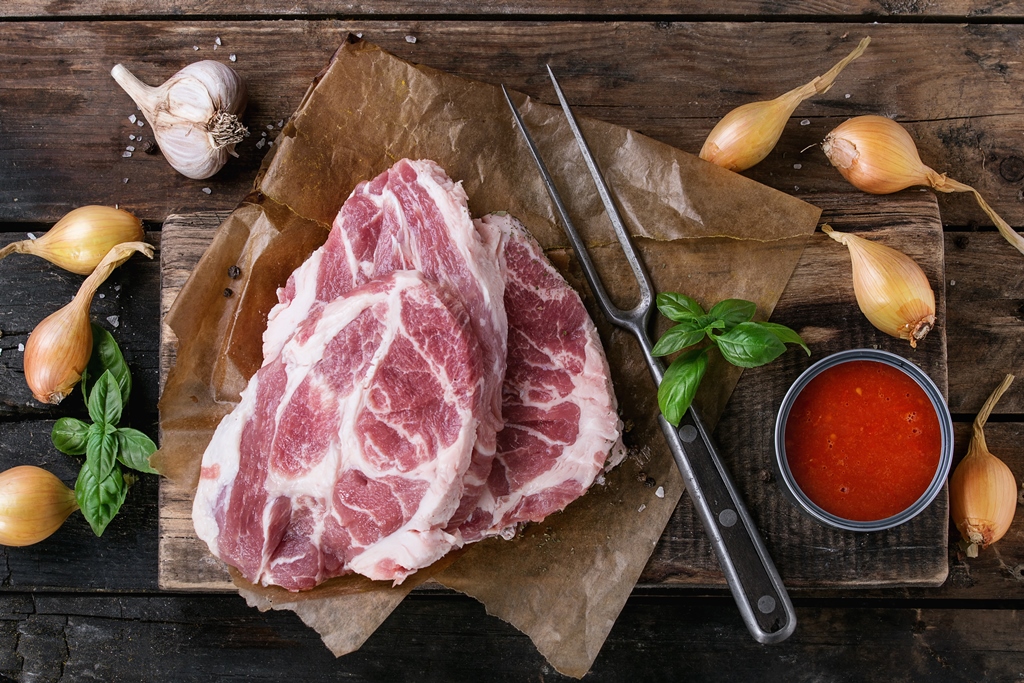
High Mercury Fish
Fish is still safe to eat during pregnancy except those that have high mercury contents and other pollutants. Fish that have high mercury content include marlin, shark, and swordfish. A pregnant woman should avoid these fish completely. Tuna has some mercury in it, so its consumption should be limited. Mercury can affect you and your baby. It can have a damaging impact on the kidney, lungs, and central nervous system, including the spine, nerves, and brain. You and your baby may also develop vision and hearing loss.
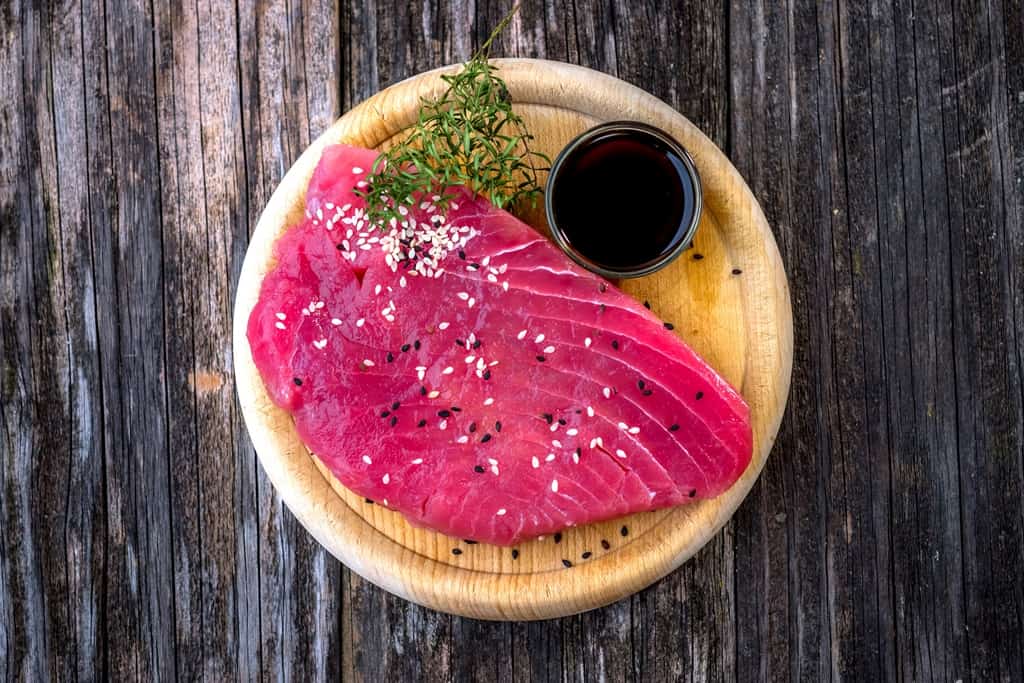
Shellfish
Shellfish and other seafood should be good for pregnant women and unborn babies because they are rich in iron and other essential nutrients, but they can also be infected with bacteria. Cooking shellfish can kill the bacteria but they may also have high mercury contents.
Mercury can give you and your baby an array of problems, so it is better to avoid these foods while you are still pregnant. You may have to wait until after you give birth but you should still be careful. It is still best to limit your intake of shellfish and high mercury fish.
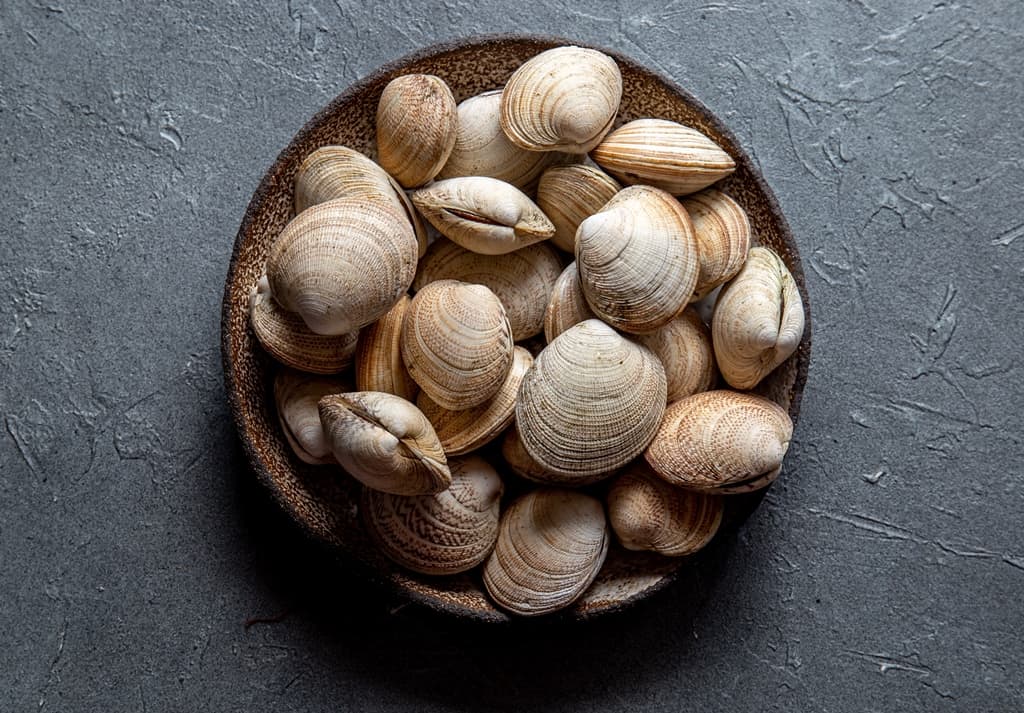
Certain Cheeses
You should stick to hard cheeses while you are pregnant. Soft cheeses such as chevre, camembert, brie, and soft blue cheeses are more prone to being infected with harmful bacteria such as listeria. This is because soft cheeses are less acidic and have more moisture, making them more susceptible to the growth of harmful bacteria. Once the cheese is infested with listeria, it can result in stillbirth, miscarriage, preterm delivery, and uterine infection. Including soft cheeses in dishes while cooking can make them safe.

Caffeine
If no afternoon has gone by without you drinking a mug of coffee, you may have to make a big adjustment. You may have to look for something to sip while spending your afternoon. This is because high caffeine consumption is associated with low birth weight in newborn babies. You may not need to cut your caffeine intake to 200mg each day. You should also start decreasing your consumption of chocolate and green and black tea.

Alcohol
All pregnant women should avoid alcohol completely. This is to avoid the risk of miscarriage and developmental defect of the baby. The baby is most vulnerable to the risk of developing problems caused by alcohol during the first trimester. When this happens, you may expect a premature birth.
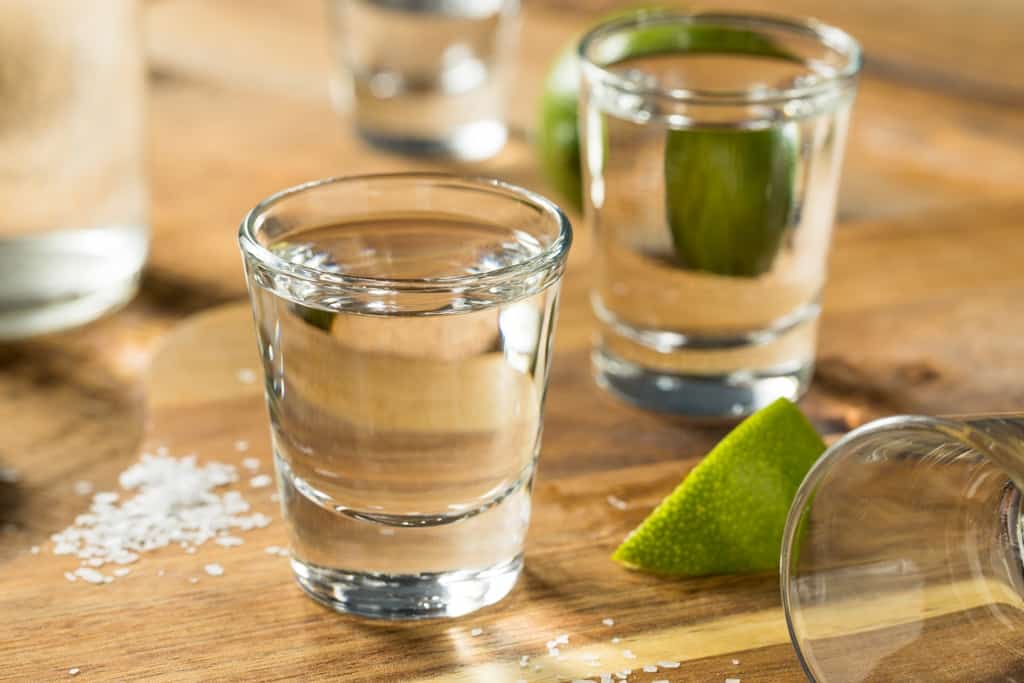
Liver
Generally, the liver is generally a healthy food because it is packed with essential nutrients. But you have to avoid eating liver during pregnancy because of its rich preformed vitamin A content. This vitamin A variant which is also found in milk and eggs can cause developmental defects in your baby while it is still in its first trimester inside your womb.
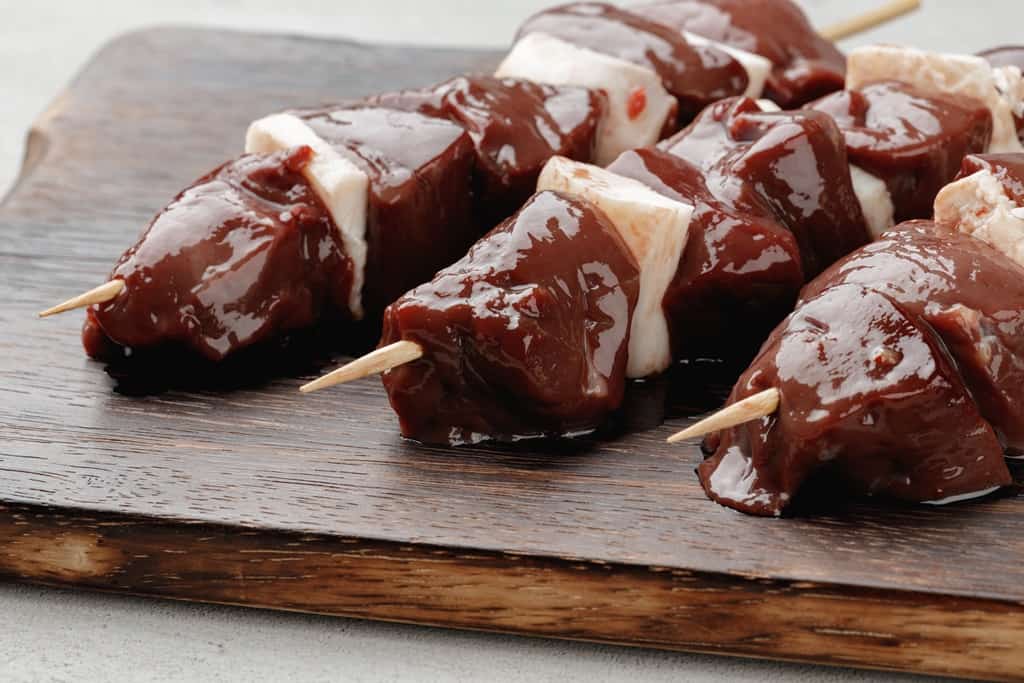
While there are foods that you should not eat during pregnancy, there are still a lot of other foods that you can still consume. Rest assured that when you give birth, you can have enough of them. Just be patient.
